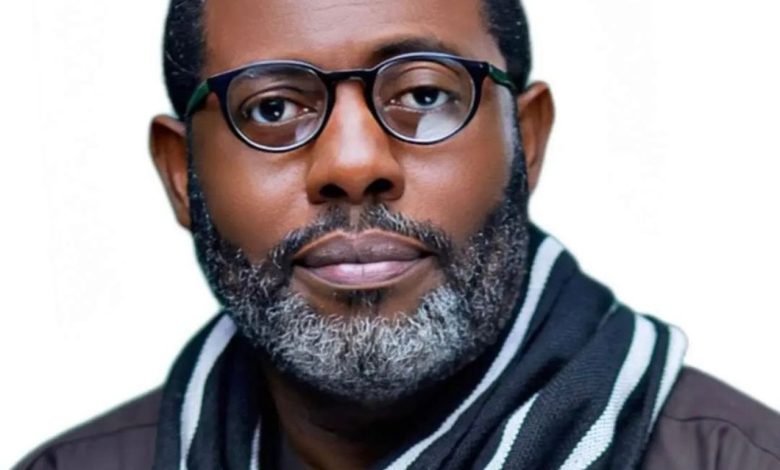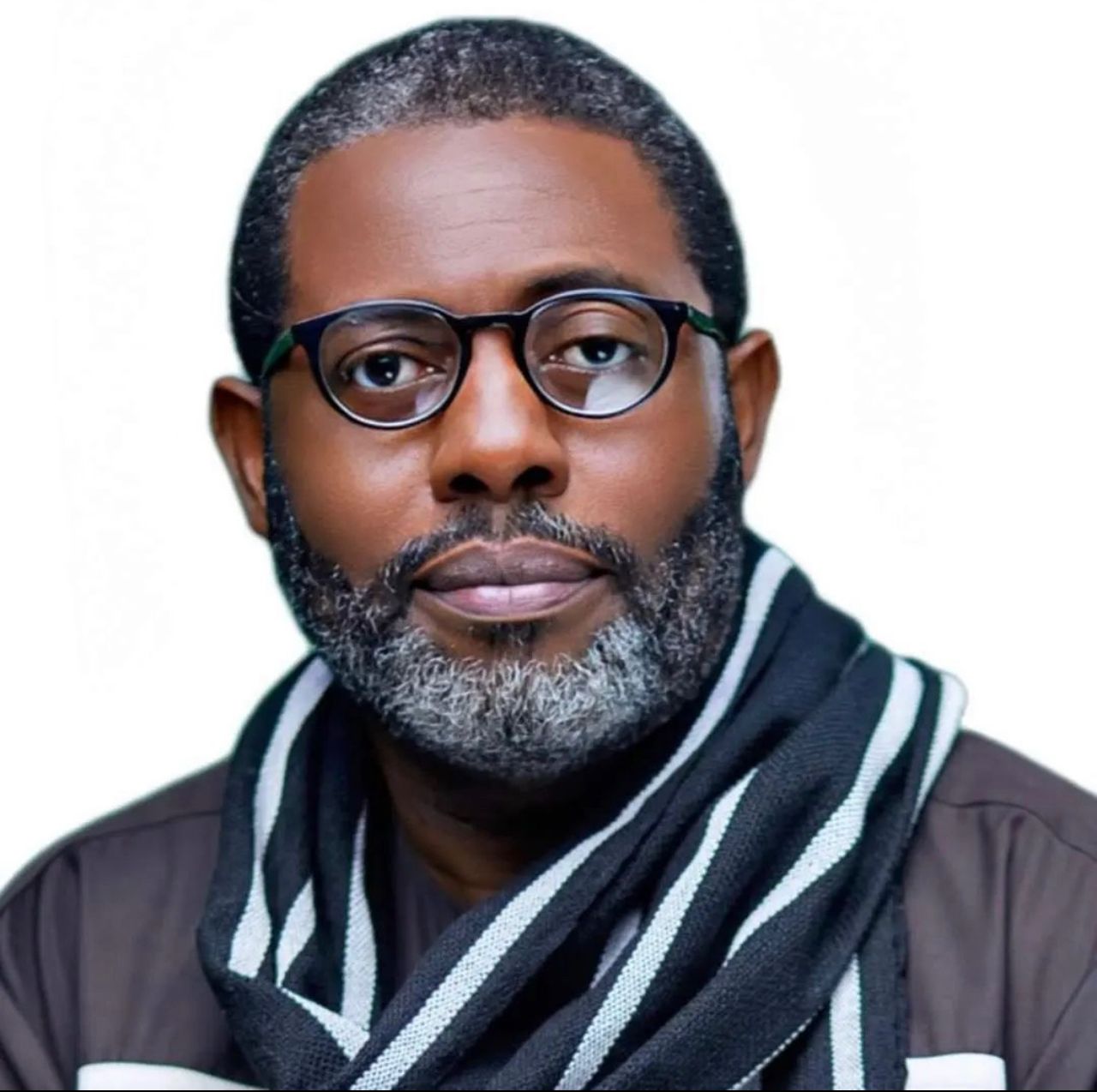AIC 2025: Odugbemi Urges Nigeria’s Advertisers to Leverage Technology and Authentic Storytelling Rooted in Cultural Heritage
...Calls for Collaboration Between Town and Gown to Accelerate Industry Growth


By Azeez Disu
The Founder and CEO of Zuri24 Media, Femi Odugbemi, has urged brands and advertisers to craft narratives that connect emotionally and authentically while respecting Nigeria’s diverse cultures and aspirations. He also called for leveraging AI to tell regional stories in dialects, infused with history and rhythm, thereby reshaping how stories are told.
He disclosed this during his keynote address at the third edition of the Advertising Industry Colloquium (AIC), Nigeria’s premier forum for dialogue between industry practitioners, academics, and students, held in Lagos.
Speaking on the theme, “From Dialogue to Data: Merging Storytelling, Human Engagement & Techs in Marketing Communication,” Odugbemi said, “Our industry—and society—stand at a crossroads where technology and data drive strategies, but at the heart of impactful communication remains a story. It is through storytelling that we find meaning, memory, and the blueprint for the future.”
His speech resonated with the “schools, town, and gown” spirit of the colloquium, calling for a collaborative effort to bridge academic knowledge and industry practice. “Our cultural stories, especially in Africa, were never trivial; they were repositories of wisdom, resilience, and identity,” he said. “Today, we must revisit this tradition—crafting narratives that connect emotionally and authentically, respecting Nigeria’s diverse cultures and aspirations.”
Highlighting Nigeria’s rich advertising history, Odugbemi praised the golden age of indigenous storytelling, recalling legendary campaigns like Vono’s ‘Weke-Weke’ and Guinness’ ‘Black thing good o,’ which deeply connected brands with Nigerian identity. “These stories were not just advertisements—they were celebrations of who we are, what we value, and where we are going,” he reflected.
Addressing the technological revolution, Odugbemi noted, “AI and data are reshaping how we tell stories, but the challenge is ownership—who owns the narrative? The brands that will thrive are those rooted in local culture, using AI to tell regional stories in dialects, infused with history and rhythm.” He emphasized that “imagination engineering”—the deliberate cultivation of visionary storytelling—must become a core competency for Nigeria’s creative industries.
The speech also touched on the importance of education reform, advocating for curricula that integrate cultural heritage with digital literacy. “We must train our creatives to be both data curators and cultural custodians,” he urged, emphasizing that the future belongs to those who can blend technology with authenticity.
Odugbemi warned of the darker sides of technological advancement, especially AI’s potential for misinformation. “Deepfakes, synthetic voices, and manipulated media are real threats to trust and social cohesion,” he cautioned. “ARCON must lead efforts to regulate and monitor these tools—protecting our public discourse without stifling innovation.”
Concluding with a call to action, Odugbemi reinforced the power of stories to shape Nigeria’s future. “Brand stories are our stories,” he said. “They must provoke reflection, inspire resilience, and foster national pride. The future belongs to those who innovate with integrity, rooted in our identity and culture.”
The colloquium continues to foster vital conversations on harmonizing tradition with emerging technology, reinforcing Nigeria’s position as a hub of creative ingenuity and cultural pride.


